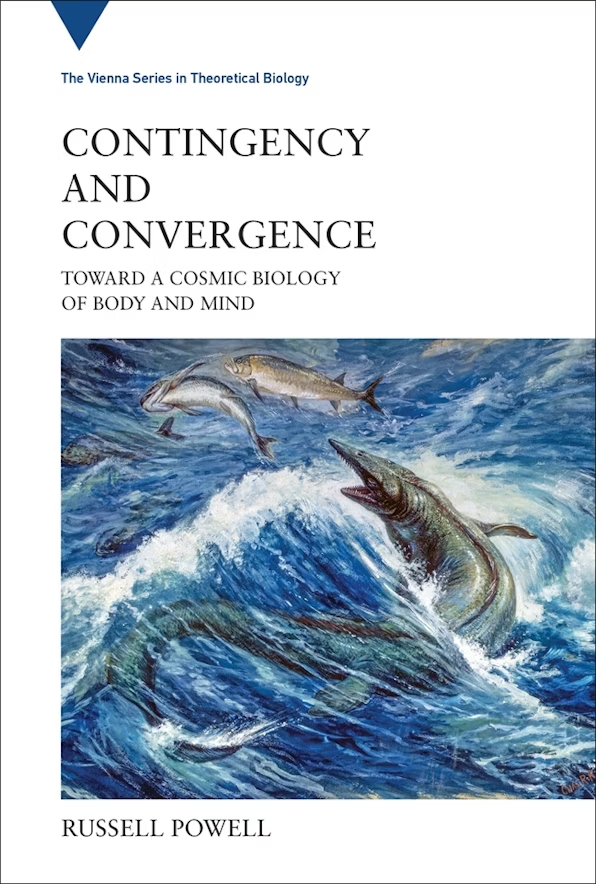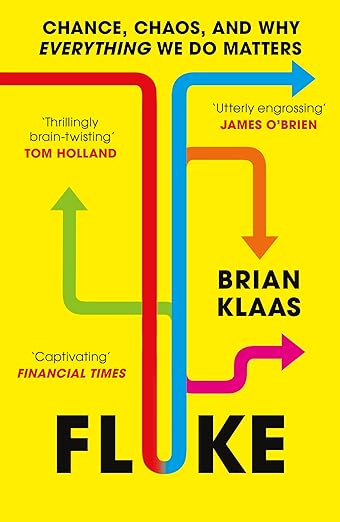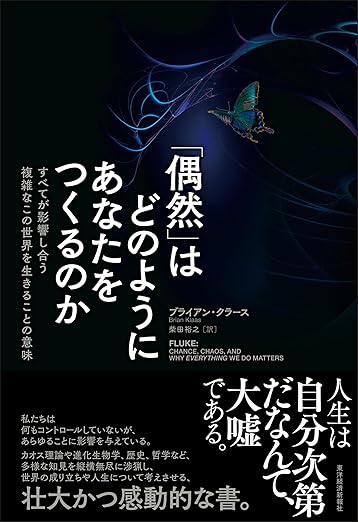
Contingency and Convergence
Toward a Cosmic Biology of Body and Mind
by Rachel Powell
ヨーロッパ人にとってのアジア
ヨーロッパでは「アジア」と聞いたときに、インドや中央アジア(カザフスタンなど)を思い浮かべる人が多い。これは地理的な区分や歴史的な交流の影響で、ヨーロッパ人にとって「アジア=東洋」よりも「ユーラシア大陸の東側」という広いイメージが強いからだ。
ヨーロッパでは「アジア」はユーラシア大陸の東側全体を指すため、インドや中央アジア諸国(カザフスタン、ウズベキスタン、キルギスなど)が「アジア」になる。
シルクロードを通じてヨーロッパと結びついていたのは中央アジア。交易や文化交流の記憶から「アジア=中央アジア」というイメージが根強い。
インドは宗教(ヒンドゥー教、仏教)、香辛料、植民地時代の歴史を通じてヨーロッパ人に強い印象を残しており、「アジアの代表」として想起されやすい。
東アジアや東南アジアは近代以降にアジアとして意識されるようになってきて、今の工業製品・巨大市場・文化というイメージは比較的新しいものだ。
Marmorkrebs(マーモクレブス)
ミステリークレイフィッシュ(英:marbled crayfish マーブルドクレイフィッシュ、独:Marmorkrebs マーモクレブス)は、オスが存在せずメスだけで単為生殖する(卵が受精しなくても発達して個体になる)ザリガニ。3組の染色体をもつ3倍体生物であることが確認されている。一匹のメスから生まれる子どもたちは、すべて母親と同じ遺伝情報を持った完全なクローンになる。十脚目で単為生殖が報告されたのはこのザリガニが世界初だった。
このザリガニが確認されたのは1995年にフランクフルトで開催されたフェアに出品されたのが最初で、その後 愛好家の元で急速に増加し、世界中に広められた。
マダガスカルでは、食用を目的として2007年に少数が1カ所に移殖されたが、短期間で大量に増殖することができるため、現在では様々な水域に数百万匹が生息するようになっており、水稲農業へ悪影響を及ぼすことや、島固有のザリガニ7種を危機的状況に追いやることが懸念されている。
Thucydides Trap and Kindleberger Trap
While often compared, the Thucydides Trap and the Kindleberger Trap address distinct aspects of power transitions. The Thucydides Trap, coined by political scientist Graham Allison, warns of the risks of war when a rising power threatens an established one. In contrast, the Kindleberger Trap focuses on the consequences of a leadership vacuum rather than direct confrontation. Together, these concepts underscore the complexities of maintaining global order amid changing power structures.
たとえば「自由」はリバティか(渡辺浩)
Fluke: Chance, Chaos, and Why Everything We Do Matters (Brian Klaas)
啃老族
所謂啃老族,指有自立能力的成年人,依賴或者濫用父母及家人的資源,造成家人的財務犧牲。因為疾病而需要長期照護者不在此專題討論中。
撇除因為疾病衍生的就業困難、無法自立者,較常見的啃老類型是孩子眼高手低導致,這群人通常高學歷,甚至國外留學回來,始終沒找到滿意的工作,一直在讀書、考試、遊學中。父母對他們也有很高期待,捨不得他們去做基層、薪水低的工作。這其中有個案本身的問題,也有父母的溺愛、不當期望所致。






